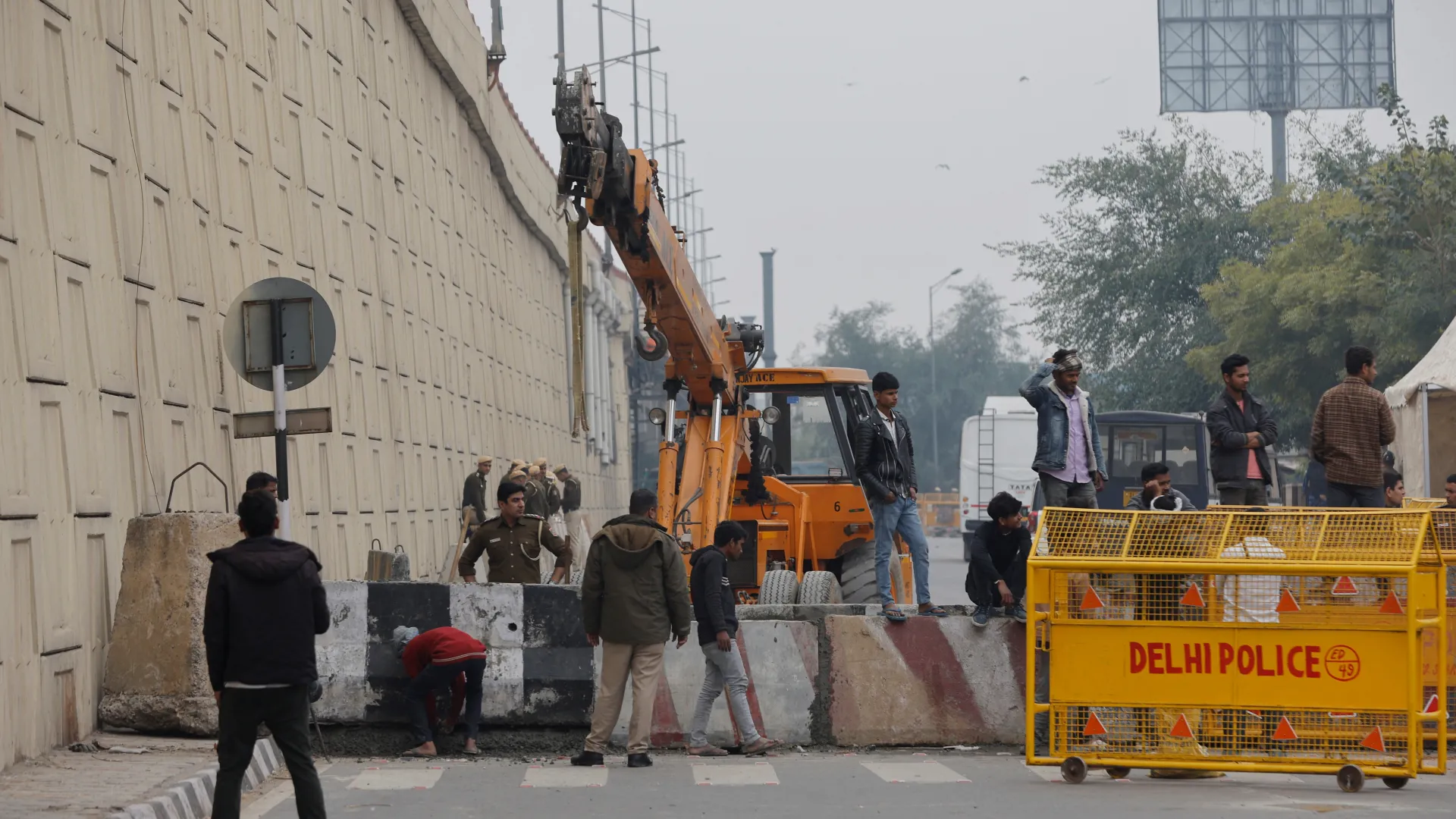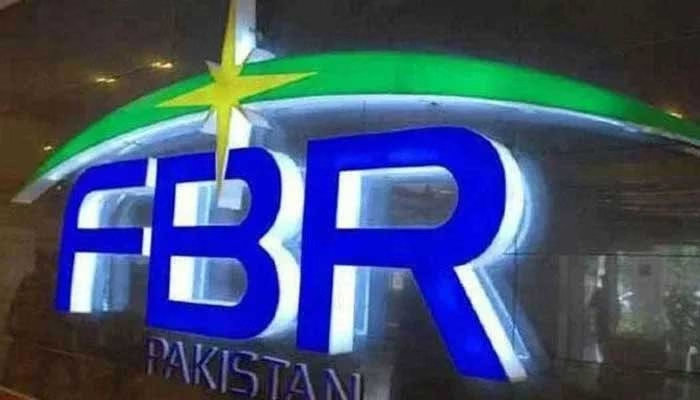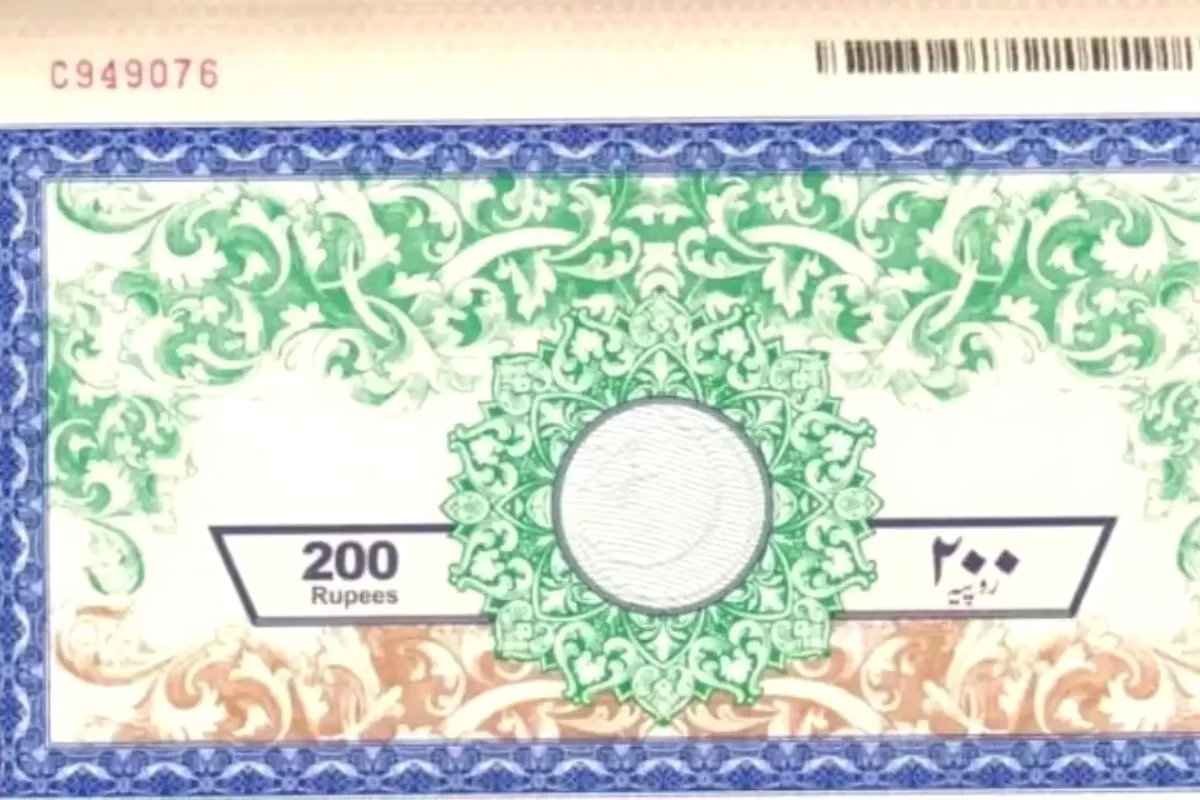Indian farmers are determined to continue their protest march to New Delhi on Tuesday after discussions with ministers failed to address key issues, including the promised improvement in crop prices from 2021. This protest, the latest in a series spanning over two years, occurs ahead of national elections where Prime Minister Narendra Modi is vying for a third term, with farmers representing a significant voting bloc.
While the current protest involves only a section of farmers from a few northern states, farm unions aim to compel the government to enact legislation ensuring higher state support or price guarantees. Additionally, they seek the fulfillment of promises to double farmers’ income.
Monday’s talks between union leaders and the government did not yield results, leading farmers to express frustration over what they perceive as the government’s reluctance to address their demands. Sarwan Singh Pandher, the general secretary of Punjab Kisan Mazdoor Sangharsh Committee (KMSC), stated, “The government has not been able to make a strong decision on anything… We thought that giving time is not suitable now.”
Agriculture Minister Arjun Munda acknowledged that some issues had been resolved but emphasized the need for further discussions. He said, “Any problem can be solved with discussion. We are hopeful that we will bring solutions.”
As the farmers plan to march from the northern states of Punjab and Haryana, police have implemented restrictions on large gatherings in New Delhi and blocked sections of major routes leading to the capital.
The government traditionally announces support prices for over 20 crops annually, but state agencies typically purchase only rice and wheat at the support level, benefiting around 6% of farmers cultivating these two crops. Despite the repeal of controversial farm laws in 2021, farmers remain adamant in seeking concrete commitments for their welfare.



